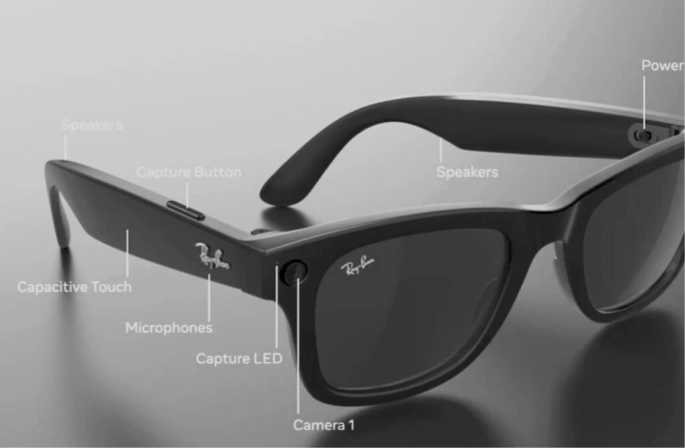Google and Samsung unveil Gemini AI in XR headset - Verdict
Google is set to incorporate Gemini AI into its extended reality (XR) platform, Android XR, through Samsung's Project Moohan XR headset. This partnership between Samsung and Google highlights a mutual vision for a seamless AI experience across a range of devices.
When major brands like Samsung collaborate on a product category, it typically signifies a lucrative market opportunity. Samsung's longstanding collaboration with Google and Qualcomm in hardware and software development is poised to result in the launch of Samsung's Project Moohan, an XR headset that leverages Google's new Android XR platform.
Cutting-edge Features
The XR headset boasts state-of-the-art displays, advanced passthrough capabilities, and intuitive multi-modal input, all powered by Qualcomm's Snapdragon XR2+ chipset. This collaboration signifies a dedicated effort to advance the XR ecosystem and indicates a positive long-term outlook for XR technologies.

Google Applications and Android XR
The device will come equipped with a suite of Google applications tailored for XR headset usage, including Gmail, Maps, Google TV, and YouTube. Additionally, Google plans to extend support to more applications from the Google Play Store on the XR platform. Although specific pricing and release details are currently undisclosed, the headset is expected to debut in 2025.
Android XR is positioned to serve as a versatile AI assistant, catering to both headsets and smart glasses. The platform's integration with Google's Gemini AI platform enables hands-free operation through a conversational user interface and contextual awareness. Google's emphasis on preparing native apps for XR environments, such as immersive YouTube experiences, further illustrates the platform's potential for widespread adoption.
AR Glasses and Market Landscape
In addition to the XR headset, Samsung and Google showcased AR glasses featuring Google Maps directions, hinting at advancements in AR technology. This move marks Google's re-entry into the AR space with Android XR, representing a strategic shift from its previous Google Glass venture.

The XR market is yet to witness a breakthrough product, with Apple's Vision Pro facing lukewarm sales and Meta's Reality Labs incurring financial losses despite aggressive pricing strategies. Meta's commitment to democratizing mixed reality contrasts with Apple's high-priced offering, underscoring differing market strategies.

Meta has made strides in the sector by integrating Meta AI into its Ray-Ban Meta AR glasses in Europe. Meta AI enables users to engage in conversations and seek answers to inquiries in multiple languages, including French, Italian, Spanish, and English.
The shared vision of Samsung, Google, and Apple for sleek, transparent glasses as the next consumer hardware frontier hints at a competitive race against Meta's vision, extensive content, AI capabilities, and resource investments.




















